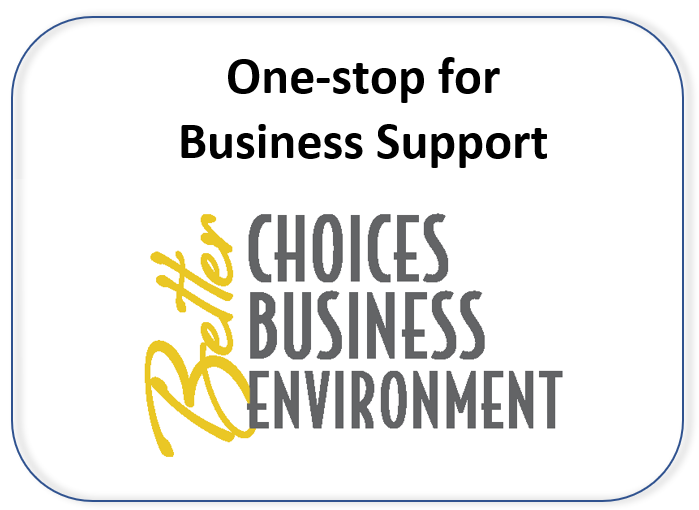Program components
Section 507 of the 1990 Clean Air Act Amendments requires each state to operate a small business assistance program comprised of these three elements: technical assistance for business, a compliance advisory panel and a small business ombudsman. Wisconsin's Small Business Environmental Assistance Program (SBEAP) satisfies this requirement, helping small businesses understand and comply with state and federal environmental regulations.
Below is additional information about the three elements of the program.
1. Technical assistance
The SBEAP serves as a free advisory and non-regulatory resource to small business owners throughout the state. Through the program, Small Business Program specialists work as liaisons between small businesses and state (DNR) and federal (U.S. Environmental Protection Agency) regulators. Staff members create "plain language" publications, answer compliance questions, respond to written and verbal regulatory inquiries, coordinate occasional environmental compliance workshops and direct businesses to other pertinent technical assistance providers.
The SBEAP reaches thousands of small businesses each year through meetings, speaking engagements, workshops and publications. The program currently offers many different fact sheets, rule summaries, record keeping, reporting forms and other tools designed to make environmental compliance easier for Wisconsin businesses. The majority of this information is always available on the SBEAP webpages.
If you have questions about technical assistance, you can reach a Small Business Program Specialist by calling 855-889-3021 or emailing DNRSmallbusiness@wisconsin.gov.
2. Small Business Environmental Council
The Small Business Environmental Council is another element of the Small Business Environmental Assistance Program.
There are eight members of the council. Each is appointed for a three-year term. One member represents the state Department of Natural Resources. The other seven members are appointed as follows: One each by the majority and minority leaders from both the State Assembly and Senate (for a total of four), and three by the governor. The members can either represent the public or are owners or the representatives of owners of a small business.
For more information about council activities and its current members, visit the Small Business Environmental Council page.
3. Small business advisor (ombudsman)
The small business ombudsman (in Wisconsin, this position is known as the small business advisor) is the final component of the Small Business Environmental Assistance Program. This position’s primary role is to serve as a liaison to small business, connecting small businesses with both DNR staff and the information they need. The advisor also serves as an advocate for small business. In this role, the ombudsman provides recommendations on behalf of small business and facilitates resolution of disputes. Finally, in coordination with the technical assistance staff, the ombudsman provides compliance assistance to small businesses and makes recommendations about regulations that may affect them.
| Additional resources |
|---|

